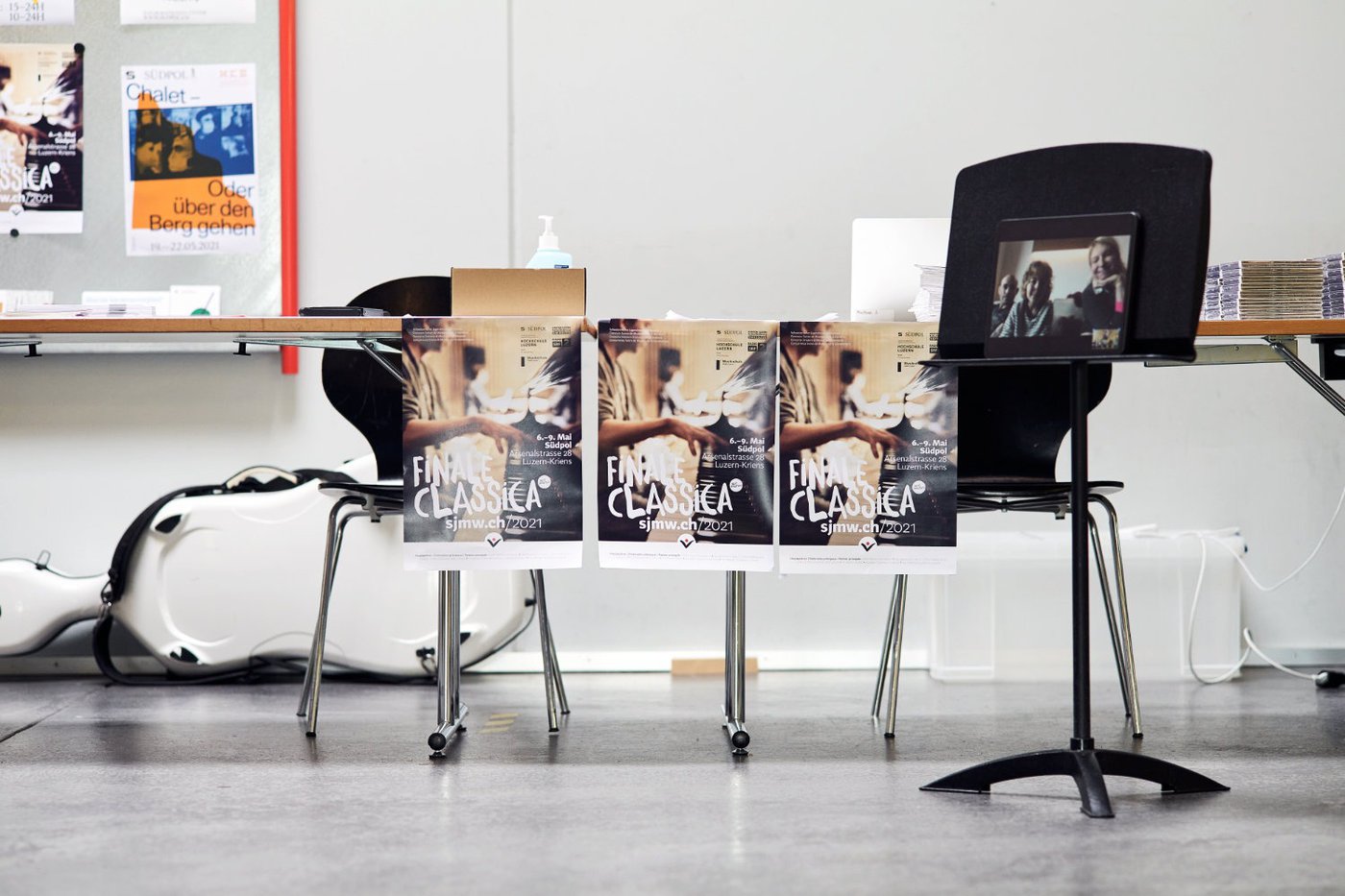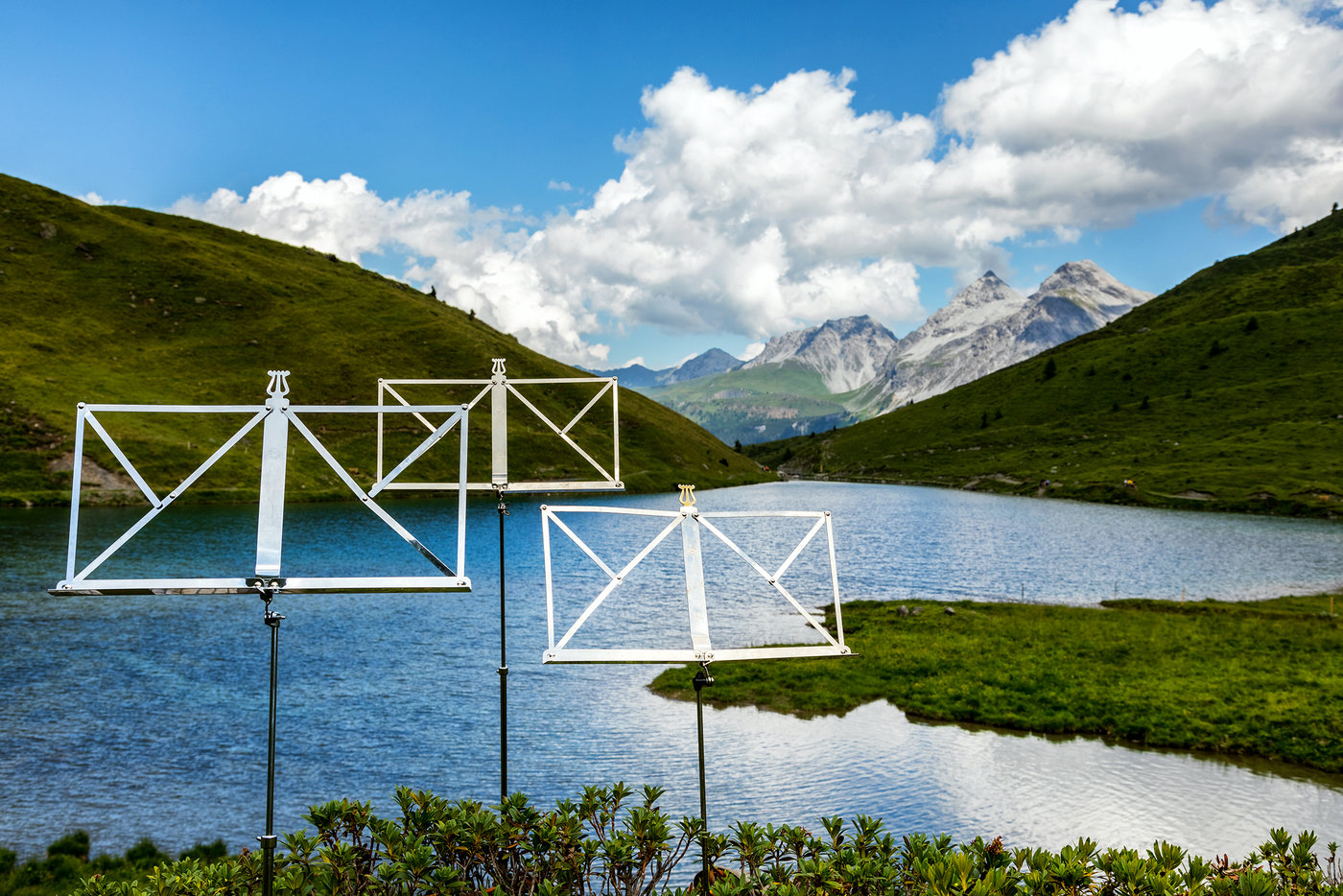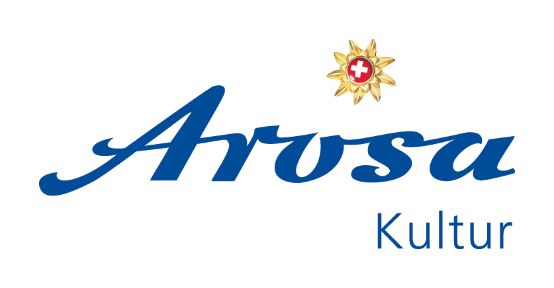The countdown is on
The preparations are over: the Entrada of the Swiss Youth Music Competition, hundreds of auditions in the classical category, will take place simultaneously at seven locations in Switzerland from March 31 to April 2. Two weeks later, the Jazz & Pop Come Together and, on the third weekend in June, the live performances of the Composition and Free Space competitions will take place together with the Classical final. This is the 48th Swiss Youth Music Competition.

The time has come in just under five weeks. The preparations for the audition for the Swiss Youth Music Competition, which usually take months, are entering their final phase. Many a participant discovers new aspects of the chosen pieces here and there. Now it's time to get the tricky passages under control, but not to flatten the pieces by playing them too often. I wonder what the jury will say? Whether the choice of pieces was a good one? It is too late to have fundamental doubts about the program: the choice of piece had to be submitted with the application by the end of November. Will we be able to enjoy the performance? When will it even take place? And where? Participants will be informed of the time and venue at least three weeks before the performance. Will it be enough for a 1st prize and thus participation in the final?
The Entrada auditions are open to the public and take place throughout Switzerland, this year in Arbon, Basel, Bern, Neuchâtel, Morges, Steinhausen and Winterthur, with the final in Lugano. While the chamber music, composition, free space and jazz & pop competitions are held annually, the solo competitions alternate on a rotational basis. In 2023, in addition to brass instruments from cornet to tuba, the piano, guitar and classical singing will also be competing. Organizing over eight hundred registrations with well over a thousand young people aged between ten and twenty (22 for singing) is no mean feat. Until 2019, significantly fewer registrations were received every two years - presumably in connection with the permitted disciplines. In the last five years, this "dip" has evened out.
69 of this year's applications are from brass players, 47 from classical singers. The highest number of registrations (390) was for piano. Registrations are constant across the age categories with a levelling off among the oldest students: A good 100 registrations were received in each of the first three age categories, and 48 in the fourth age category (born between 2003 and 2005). The second most registrations were received in the guitar category with 122. A quarter of those registered belong to the first (*2012-2015) or third (*2006-2008) age category. Slightly more registrations were received in the second category and slightly fewer in the fourth.
Chamber music duos topped the list of ensemble registrations with 81. In addition to individual registrations for percussion, recorder and vocal ensembles, 39 chamber music ensembles with more than two players have also registered.
Registrations for Free Space and Jazz & Pop are still a little hesitant. A pleasing 28 applications were received for Composition this time.
With one exception, the proportion of 1st prizes has remained constant over the last ten years: With a spread of 28.3% (2014) to 32.6% (2016), the proportion of prizewinners taking part in finals has remained constant. The exception with a downward outlier is the coronavirus year 2020.
We hope that the much-vaunted momentum will be on their side and that they will be rewarded - with or without a prize - with a few good experiences for all their efforts.








